SakenowaRecord your sake experiences and discover your favorites
久保田Kubota
Flavor Chart®
A chart created from flavor analysis of user comments.

Flavor Tags ®
Tags generated from flavor analysis of user comments.
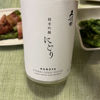
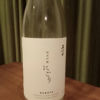
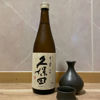
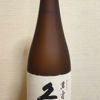
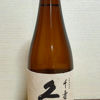
Popular Comments
Today, we continued yesterday's momentum and opened the bottle!
And nigori ❗️
The supernatant was not so sour.
After mixing and drinking, I thought it was a crisp nigori sake. However, it is low in alcohol!
It was delicious.
Japanese>English
Similar Brands
We analyze the flavors based on everyone's comments and select similar brands.
NanbubijinSimilar Characteristics
IsojimanSimilar Characteristics
Location
880-1 Asahi, Nagaoka, NiigataOpen in Google Maps
Related Articles
3種類の「久保田」を「新潟加島屋」のおつまみと楽しむペアリング体験イベントが、11/4(金)〜6(日)に伊勢丹新宿店にて開催 | 日本酒専門WEBメディア「SAKETIMES」
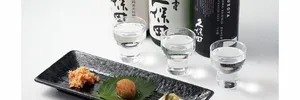 朝日酒造株式会社(新潟県長岡市)は、「新潟加島屋」を運営する株式会社加島屋(新潟市中央区)とコラボレーションをSAKETIMES | 日本酒をもっと知りたくなるWEBメディア
朝日酒造株式会社(新潟県長岡市)は、「新潟加島屋」を運営する株式会社加島屋(新潟市中央区)とコラボレーションをSAKETIMES | 日本酒をもっと知りたくなるWEBメディア「久保田」の醸造元・朝日酒造がイベント「オンライン蔵フェス2020」をYouTube Liveにて4/18(土)に開催 | 日本酒専門WEBメディア「SAKETIMES」
 「久保田」の醸造元である、朝日酒造株式会社(新潟県長岡市)は、新型コロナウイルス感染症の影響により、開催中止をSAKETIMES | 日本酒をもっと知りたくなるWEBメディア
「久保田」の醸造元である、朝日酒造株式会社(新潟県長岡市)は、新型コロナウイルス感染症の影響により、開催中止をSAKETIMES | 日本酒をもっと知りたくなるWEBメディア「酒蔵とつながる日本縦断SAKEイベント」「魚を肴に 日本酒ナイト水族館」「朝日酒造 貯蔵原酒100本のきき酒会」─2025年8月開催の日本酒イベントまとめ | 日本酒専門WEBメディア「SAKETI
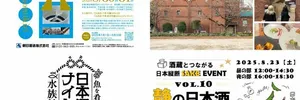 編集部に届く最新の日本酒情報のなかから、2025年8月に開催される日本酒イベントを紹介します。(2025年8月SAKETIMES | 日本酒をもっと知りたくなるWEBメディア
編集部に届く最新の日本酒情報のなかから、2025年8月に開催される日本酒イベントを紹介します。(2025年8月SAKETIMES | 日本酒をもっと知りたくなるWEBメディアTimeline
ario
Easy to drink! Perfect for drinking at home!
Japanese>English
mame
Easy to drink
More than dry
Japanese>English
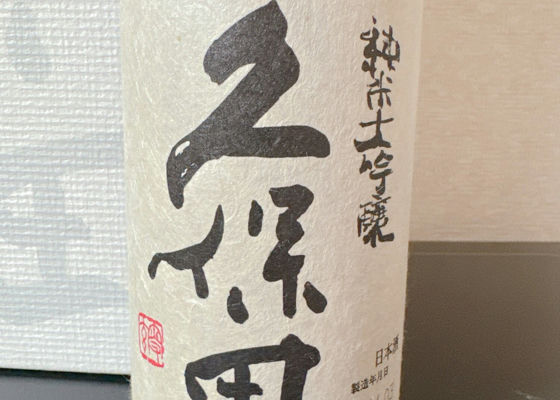
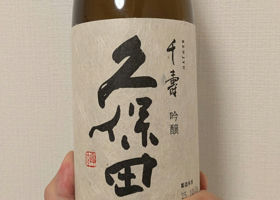
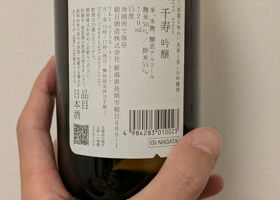
ビール
As a regular sake for the year-end and New Year's holidays. Today we have scallops, salmon, and mackerel.
Japanese>English
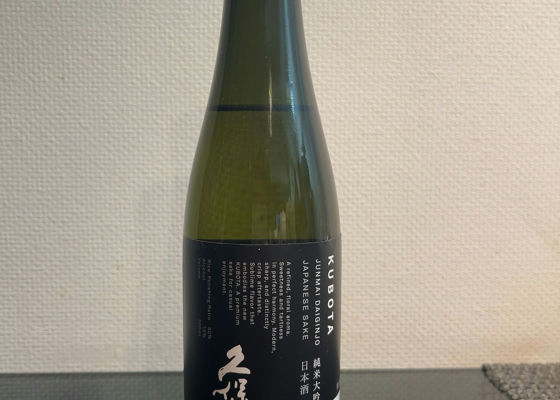
まるこ
Easy to drink. I could drink it smoothly.
Japanese>English
Kubota純米大吟醸 萬寿
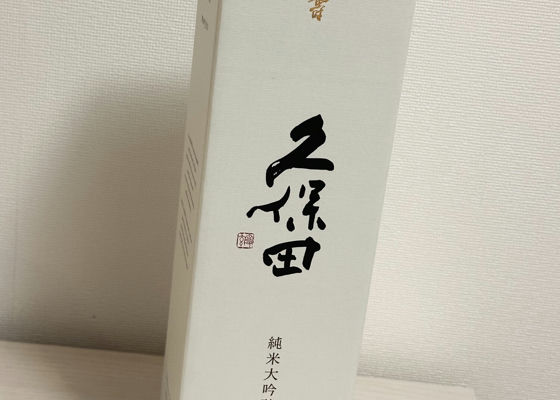
tata
A present from my father (hometown tax payment)
I wanted to drink it with something delicious on a special occasion, but I enjoyed it alone in secret.
It was refreshing and gorgeous...? It was delicious...!
Japanese>English
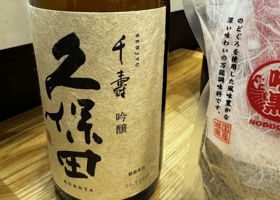
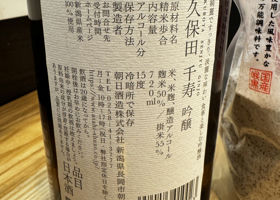
TRN
Purchased at a local supermarket.
Room temperature.
It is sharp and dry.
However, it is very light in the mouthfeel and has a natural sweetness without alcohol.
I had it with tonkotsu hot pot and homemade chashu pork, but it didn't interfere at all.
A great food sake.
Japanese>English
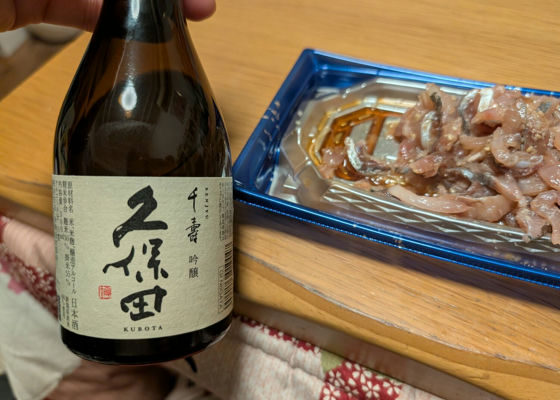
べんじゃみん
After all, this sake goes well with fish.
Japanese>English
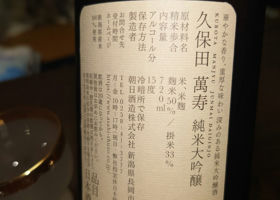
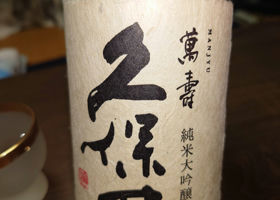
スエ
I bought a bottle of Manju for New Year's Day and have been drinking it at home.
Japanese>English
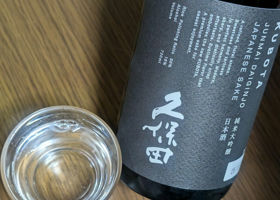
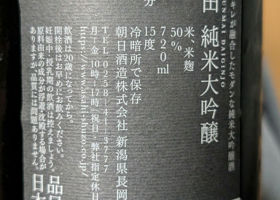
Kubota萬寿 純米大吟醸


Takashi
Akihabara Customer's company party (2)
This was also brought to a customer's company party! (From another person)
Kubota, but the first one I've ever had... Soujo Kubota Yukimine!
Kubota and Snow Peak collaboration!
It's clear, clear, clean, and watery?
It's also delicious.
It's 500ml and gone in no time!
Japanese>English
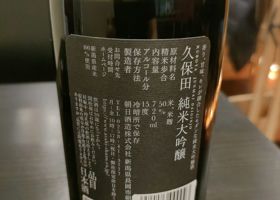
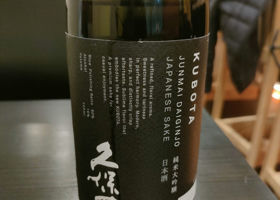
tobikko
Unlike the usual Kubota, it is modern and tasty, the aroma is mellow and melon-like, the acidity is relatively low, it is a modern type, but you will never get tired of drinking it, it is a ripe tangerine, it is clear, yet somehow calm and soothing, it is a modern type suitable for a mid-meal drink, which is appreciated at restaurants.
Japanese>English